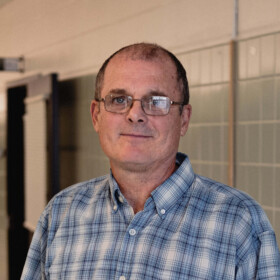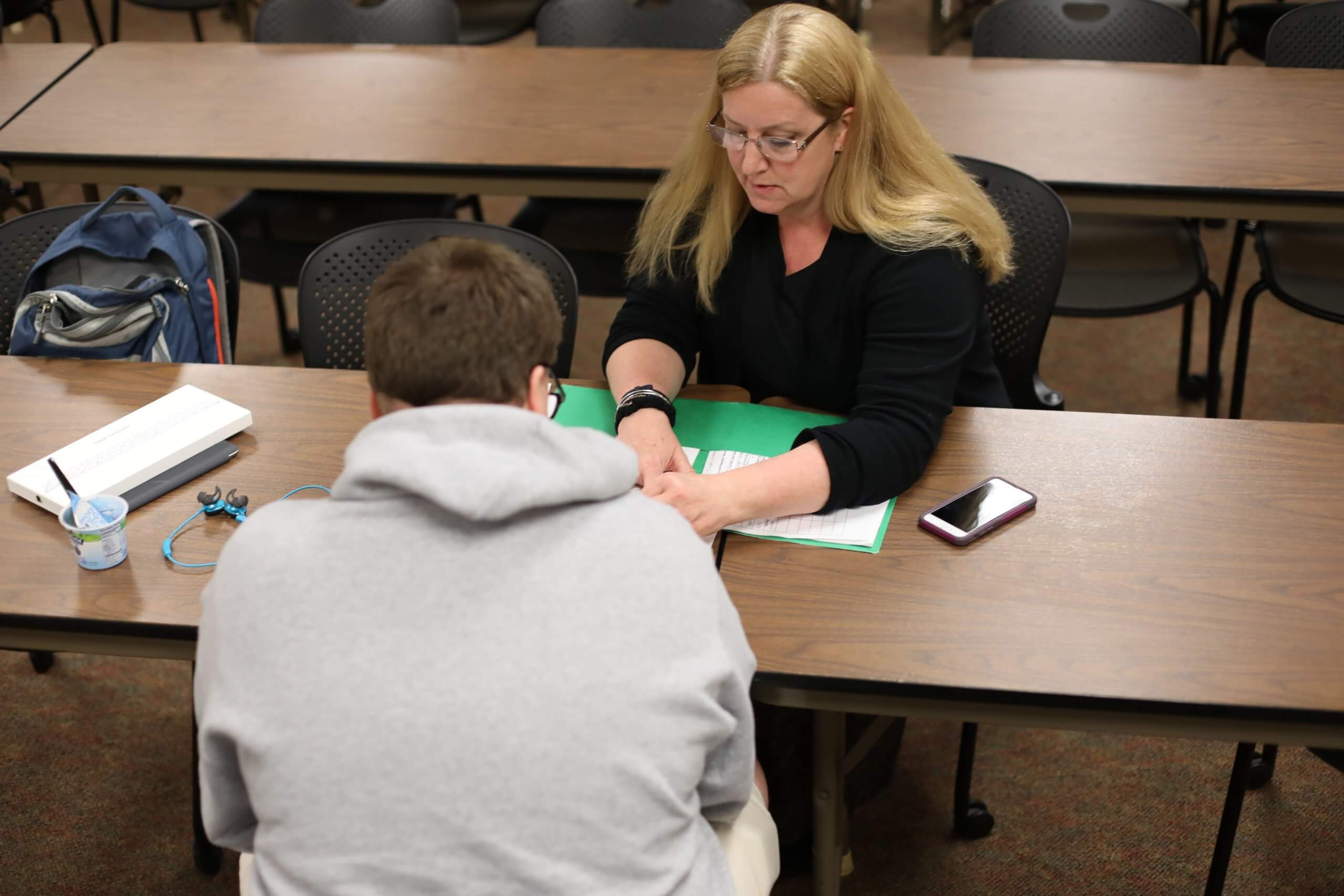Overview
The Associate in Science degree in Interdisciplinary Studies offers a flexible curriculum that students tailor to personal interests and professional aspirations. Accommodating students who wish to transfer credits earned at other colleges, this self-designed degree requires a minimum of sixty credits, thirty-three of which must be from courses connected to the student’s chosen Area of Concentration, as determined in consultation with an Academic Advisor and subsequently approved by the Vice President of Academic Affairs (VPAA). The Interdisciplinary Studies degree also requires a corresponding set of general-education courses.
The program offers two options:
- Option One: Students electing this option must meet with an Academic Advisor to develop a thirty-three credit Area of Concentration. This Area of Concentration must consist of at least fifteen credits that are distinctly different from those in current degree programs, unless otherwise approved by the VPAA. Students submit their plan for review to the VPAA, who must approve the plan.
- Option Two: Students electing this option seek an associate degree in Interdisciplinary Studies with no Area of Concentration. Students meet with an Academic Advisor to map out their degree. Their choice of the thirty-three credits, distinct from those associated with their required general-education courses, does not need VPAA approval.
To improve employment opportunities, students are strongly advised to elect Option One. With help from an Academic Advisor, students formulate and identify career goals and create an academic plan suited to these goals. The plan defines the student’s major as a function of the student’s Area of Concentration, to be named on the student’s degree. The applicant begins the process by contacting the Interdisciplinary Studies advisor or the VPAA.
All college policies, including residence credits, apply to this degree.
Students may start this degree in the fall, spring, or summer.
First Year
| Fall Semester | Lec | Lab | Cr | |
| ACAD105W | Academic Readiness | 1 | 0 | 1 |
| ENGL120W | College Composition | 4 | 0 | 4 |
| Area of Concentration | 6 | 0 | 6 | |
| Mathematics | 4 | 0 | 4 | |
| Semester Total | 15 | 0 | 15 | |
| Spring Semester | Lec | Lab | Cr | |
| Area of Concentration | 9 | 0 | 9 | |
| English | 3 | 0 | 3 | |
| Science | 3/4 | 0/2 | 3/4 | |
| Semester Total | 15/16 | 0/2 | 15/16 | |
| First Year Total | 30/31 | |||
Second Year
| Fall Semester | Lec | Lab | Cr | |
| Area of Concentration | 9 | 0 | 9 | |
| Liberal Arts | 3 | 0 | 3 | |
| Social Science | 3 | 0 | 3 | |
| Semester Total | 15 | 0 | 15 | |
| Spring Semester | Lec | Lab | Cr | |
| Area of Concentration | 9 | 0 | 9 | |
| Humanities/Fine Arts/Language | 3 | 0 | 3 | |
| Liberal Arts | 3 | 0 | 3 | |
| Semester Total | 15 | 0 | 15 | |
| Second Year Total | 30 | |||
| Total for A.S. Degree | 60/61 | |||
Program Outcomes
Upon successful completion of this degree, graduates are able to:
- Exhibit leadership, integrity, responsibility, perseverance, tolerance, and productive teamwork.
- Communicate effectively both verbally and non-verbally.
- Evaluate information, thoughts, opinions, and ideas rationally, objectively, and consistently.
- Engage in scientific thought both quantitatively and qualitatively, recognizing and formulating questions and offering solutions to problems related to science and scientific investigation.
- Perform all the operations and skill sets related to the personal and professional requirements of the student’s self-designed major.
- Fulfill personal goals and professional aspirations associated with the outcomes connected with their chosen Area of Concentration.

Dr. John Achorn
Arts, Humanities, Communication and DesignProfessor of English / Department Chair of Arts, Humanities, Communication, and Design / Program Coordinator of Liberal Arts, Library Technology, and Interdisciplinary Studies
66-68 Credits Required
of students qualify for financial aid


